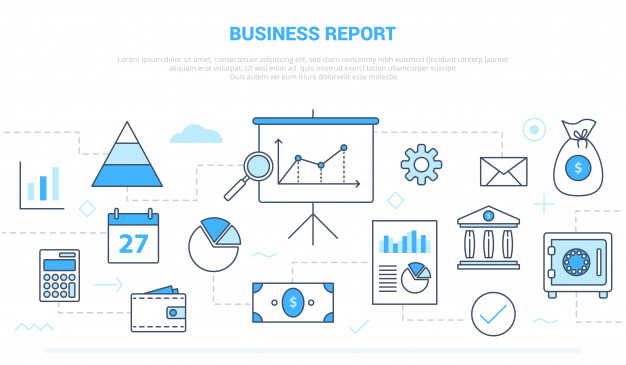AIR 1 of Nov 19 – Akshay Jain’s Detailed Scheduled & Strategy :
First things first, here’s how my schedule ran…
4:00 A.M. Wake up. 20 minutes to Brush off your morning blues and freshen up (alternate day bathing gang assemble!!)
4:20 A.M. – 7:45 A.M. First session. A break of 5–7 minutes after every hour. It isn’t quite rigid, as what I suggest to follow ( but to each his own) is the Flow State of Studying, wherein you study as and when you like it without having a constant time table to follow. The first break till 8:15 a.m.
In this break, go for a run, do some pushups, exercise a little, because the day’s gonna be a little longer and you have to have some physical exercises.
Then the next session of studying till 12 noon.
Then a break till 1:15 P.M. Have your lunch, fit in a 30 minute nap somewhere in the middle of the break.
Then carry on with little breaks, till 7 in the evening and then a big break( relatively) till about 7:30 p.m.
Then the final stretch 9 in the night and slept by 9:45/10:00 p.m.
This accounts for about 12/13 hours a day, in the most crucial month of my preparations, I cut down a little on the breaks and managed 14 hours a day.
This is the schedule I followed for about 3 to 4 months while preparing for my CA Intermediate( level 2) exams in which I bagged AIR 1. It was quite a journey, and I would like to bring out some points that can help you study consistently
What I cannot emphasize enough on is taking 5 to 7 minutes ( more if your daily target is just 8 to 10 hours of studying) breaks after ever hour of studying and a longer break after every third hour ( an alternate of the much acclaimed POMODORO technique). This will keep you lively for a longer period of time.
Keep yourself hydrated and always have a water bottle with you. Ever feel like doing something else, gulp down some water it sort of restarts your brain and you can sustain longer.
EXPERIMENT!!, take a week or so to plan out your ideal time table, fidget with your study time during the week. Identify: when do you feel your most productive? When do you like to have your lunch/dinner? When do your favorite shows air? Whether you are a night owl or an early bird? And after having the answer to all these and other such questions set your ideal time table, there’s no point in copying somebody else.
To study for longer hours, you need to have some motivators that enable you to do so. And I am not even talking about the grand scale of things, something smaller like getting correct answers to your problems or a genuine interest in the subject will definitely help you study. So, always begin with these things and then gradually shift to the atrocities of your curriculum.
And for the love of everything on EARTH, shove that electronic device of yours in a cabinet somewhere on Mars. Okay that’s an exaggeration, but that thing is so damn powerful, at one moment you are looking up some formulae and the next you are looking at 12 Shocking Table Corners We Wish We Could Unsee ( number 4 will blow your mind!!).
What you can do is keep that aside for an hour, an easy timeline and then in you mini breaks look at them juicy memes.
I would recommend having a stopwatch to keep track of your time. As having it brings out a sense of responsibility that helps you achieve your targets.
Keep your weekends free, a test maybe but nothing more. Every weekend (quit it just for the last month of preparations) was either bowling, movies or just your good old hanging out. This helps in cutting out the monotony. Also, don’t think about anything else while doing so, free time with a constant nagging at the back of brains isn’t free time at all.





